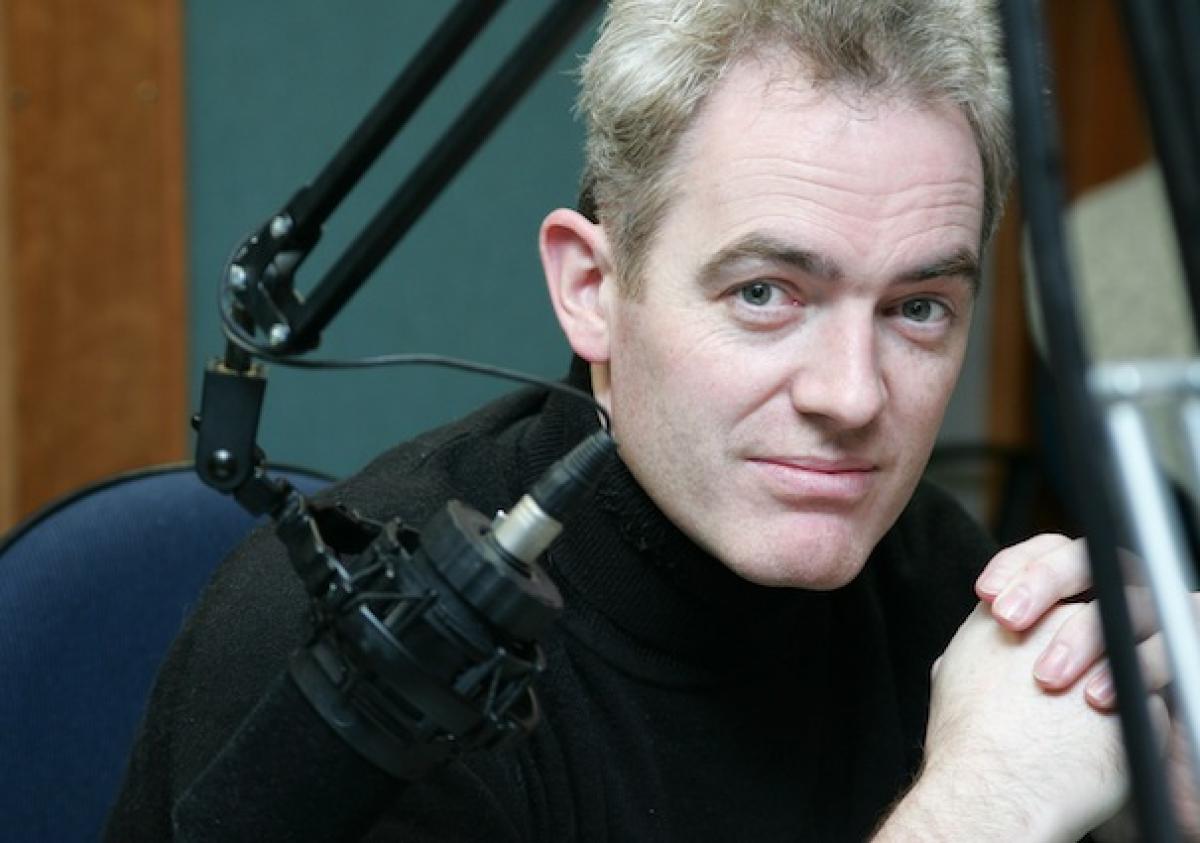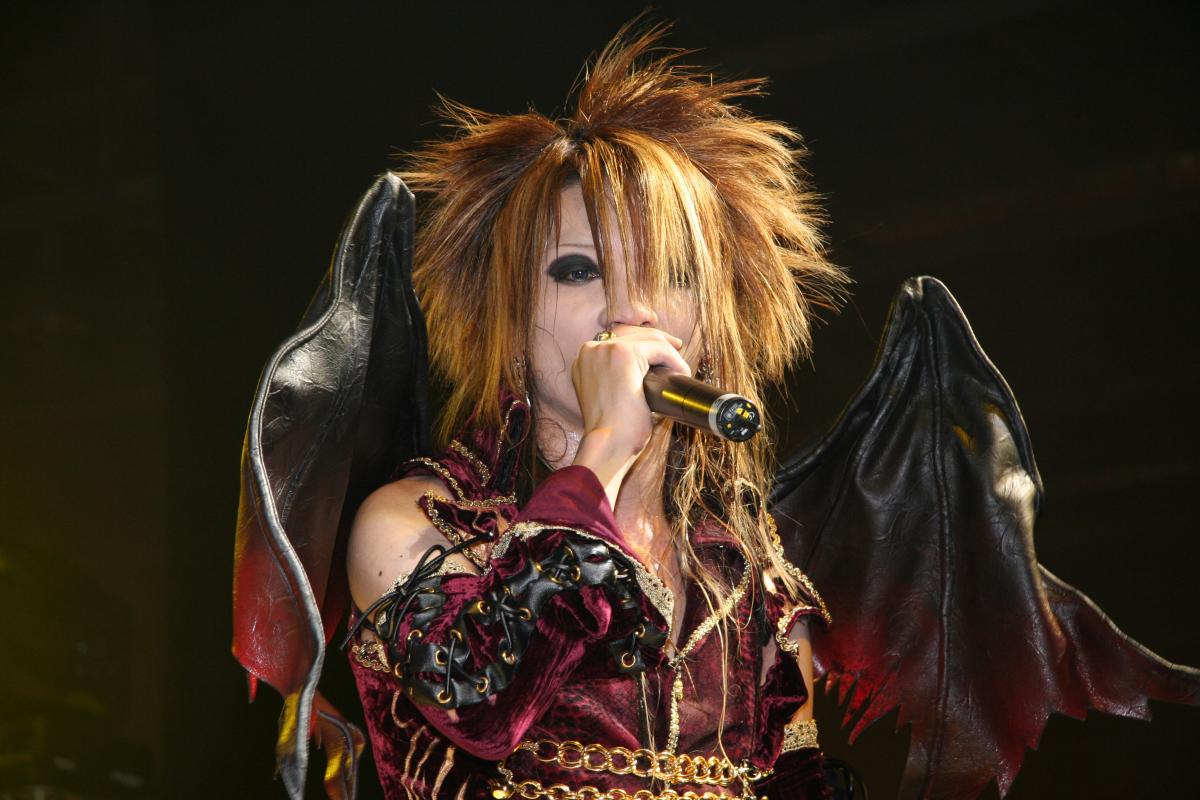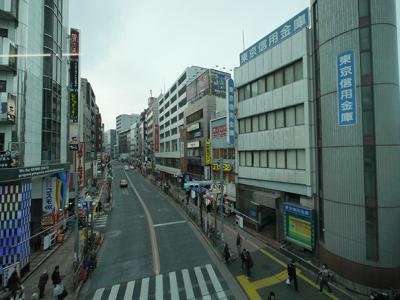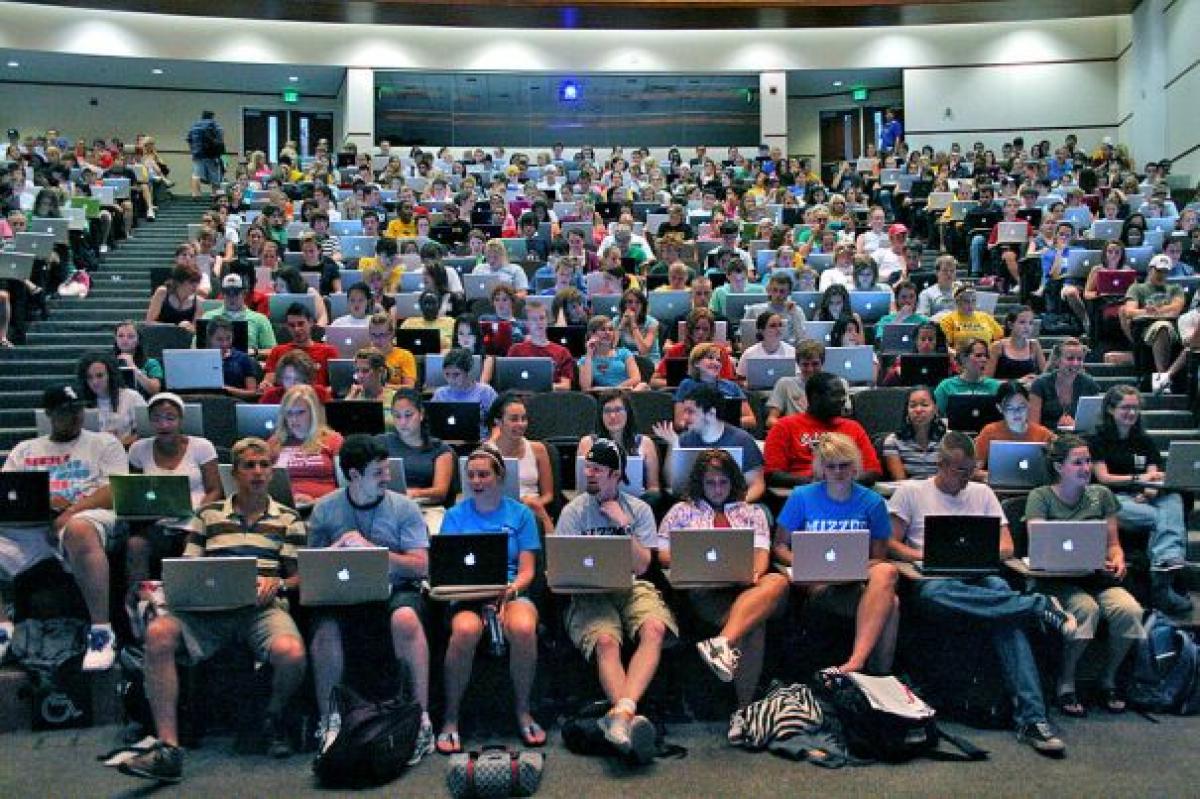
Making War Audible: Bernard Clarke
The Irish radio broadcaster Bernard Clarke creates intense radio pieces that combine contemporary music with history and recent politics. In «Tracing A-7063» he narrates stories of Holocaust survivors through audio memories. From the Norient book Seismographic Sounds (see and order here).
Bernard Clarke is an award-winning radio broadcaster with RTÉ lyric fm, Ireland. He hosts his weekly news program, Nova, and combines contemporary music, history, and issues of our time in intense Radio Art pieces. In «Tracing A-7063» he narrates stories of Holocaust survivors through audio memories that incorporate dialogue, music, and sound. In «Human Shields» he aims to capture the Gaza war through the ear.
A Voice in Terrible Distress
[Thomas Burkhalter]: Your «Savage Bull» series deals with the Holocaust and with the war in Gaza. What was the audio material you worked with for these radio pieces?
[Bernard Clarke]: It’s a diptych: the Holocaust section was based on one new interview with Holocaust survivor Eva Mozes Kor and archive interviews with other witnesses. The Gaza section tries to reflect on the insanity of war. It’s edited from a great amount of audio material.
[TB]: In your piece on Gaza we hear footage from radio archives and documentaries: Palestinian music, propaganda speeches, explosions, screaming people, a father crying about the loss of his son. In «Tracing A-7063» you mix Mozart’s «Requiem», «Sieg-Heil» chants, a narrator, and other sounds and noises. How did you edit these pieces, and how do you know when a piece is finished?
[BC]: How I proceed depends on the project and also on luck. I made a first 8-minute draft of «Tracing A-7063» in a few hours. The expansion of it took a week of solid effort. I wish it were like that all the time! But it just came out of me; I knew exactly what to do as it emerged. I think I managed to bypass critical thinking and listening and went with pure instinct. It’s difficult to describe. «Human Shields» took eight weeks – which is still fast work. I’ve been working on and off on a James Joyce piece now for three years and the end is nowhere in sight. I think we «grow up» in creative work. The Joyce piece will tell me when it’s finished, not the other way round.
[TB]: What took the most time when working on «Human Shields?»
[BC]: There were many false stops and starts with it. I had ninety-eight programs from the RTÉ sound archives that dealt with Gaza between 2012 and 2014, so I was overwhelmed with sources. I realized I needed a kind of narrator. So I turned to filmmaker Sami Moukaddem, a man who knew the terrain, knew invasion (he had fled from the Lebanese Civil War), and knew the historical situation. It’s all in his voice. I wrote the script but he embodies it. He also gave me unused footage from his film of the Palestine/Israel conflict, so now I had Palestine itself as well as the many voices.
[TB]: Can you narrate what happens in the first minutes of the piece?
[BC]: It opens with the voice of Sami and deliberately puts a hook into the listener: «My friend has a story, it’s not my story, listen…» It is a call to attention. Then we hear a voice in terrible distress, in Hebrew. One doesn’t have to speak Hebrew to recognise the pain: it’s there in both men’s voices, one Palestinian, one Israeli – the theme of the whole piece, in that few seconds. Air raid sirens follow that have an eerie association. Anyone I have spoken to from Tel Aviv mentions them: they warn and protect but they are also full of foreboding. Technically I have taken the air raid sirens and car horns and sustained them: they have been stretched out so as to ring out/sound out continually. Then there is music from composer Troels Folmann, a work entitled «Lost Angels.» It has a soaring and earthly melancholy, a rich sadness. It’s very simple, technically speaking, but it doesn’t need to be any more or less than it is. Everything that will develop is essentially contained within these opening few minutes.
When Lies Get True
[TB]: Producing with audio software allows you to manipulate sounds and voices to the point at which they are not recognizable anymore and become something new. Do you play with these possibilities?
[BC]: Yes, radio has the power within the listening moment to present lies as truths and truths as lies, where even jesting Pilate stays for an answer. In «Tracing A-7063» there’s a sequence that sounds like a nightmarish train journey, but it isn’t: it’s a Nazi officer’s screams detuned and transformed into a chorus of rattling boxcars. Within that are panned voices of Holocaust survivors. The same voice also comes in at the end where I found a way to make it also sound like a baton hammering on iron, like a jail cell. I used that then as a pattern for the final woman’s voice who recounts the shocking murder of a Greek girl by Nazi dogs. «The Monarch Creates His Own Rivals», another piece I did on Gaza, is littered with irony and bitterness. I took the RTÉ prime time television music and put it through various things to suggest a kind of nightmare guitar, nightmare synth, and whooshing fighter jets. The transformation of what is supposed to be balanced, objective reporting (the news jingle) is revealed to be what it is: an organ for propaganda. Over that is Irish poet Dave Lordan’s sardonic take on Machiavelli, and samples from RTÉ news broadcasts, reporters, Donald Rumsfeld, George W. Bush and so on. In «Human Shields» the irony and the truth/lies/lies/truth reversals are everywhere, woven into the very texture of the piece.
[TB]: You have neither experienced the Holocaust nor the war in Gaza personally. One could critically argue that you make art with the blood from others. You turn war into a fascinating spectacle – similar to composers before you.
[BC]: How do you know if I have or have not experienced the Holocaust? Because I appear before you now in this guise? I don’t believe in Time, as we measure it, nor do I subscribe to its tyranny. I’m «Irish» because I’m born in Ireland – what a load of shit. Or I’m Christian because they stuffed Jesus into me every bloody day of my childhood? It’s convenient for me to answer to the name «Bernard Clarke,» but I am not fooled by that cypher. I could just as easily be Thomas Burkhalter or Meira Asher. I’m passing through a world of evil, making a few noises on the way trying to say «Hey, Cypher: wake up, smell the coffee, smell the corpses.» I will make work with whatever I like be that blood or shit until I drop. Mene, Mene, Tekel, Upharsin: wake the fuck up.
Hearing Is More Immediate than Seeing
[TB]: Is this activism or art? Or far beyond that?
[BC]: I am not an activist. I don’t consider myself an artist either. The people I most admire don’t call themselves anything; they are about the work at hand, that is everything. There is no activism in «The Savage Bull.» There is a conscience; there is outrage, sorrow, irony, bitterness, melancholy. Doubtless these energies drive activists to protest, but I am not in anyone’s club or party: what you see is what you get.
[TB]: What were your goals with this project artistically, socially, politically, or as a human being?
[BC]: Immersion is everything for me – I want to immerse the listener in whatever experience is unfolding. Socially, I will not stand by and watch people being abused. Politically, I will march and vote for change. And though I am not a religious person I do believe in a basic morality and will resist all tyranny with every fiber of my being. I am also fighting myself, my own shadow, my own darknesses. In working with this kind of material one opens oneself up to all of these conflicting energies, screaming voices, revelations and seductions. The Irish composer Roger Doyle talks about working «in the moment» – invoking chaos, darkness, light, whatever – and having one ear on the forces and one ear on what’s whirling around you and «going with it» and rendering it all in a soundfile.
[TB]: Is it possible to render the terror of war in radio art?
[BC]: Yes, the immediacy of radio suits the now-terrifying events that constitute war. Also its power to evoke without proscribing, depict without determining. For me hearing is more immediate than seeing, richer in its evocative power than even the greatest cinema. Radio can be much more flexible than television. It can be done on a smartphone there and then. It can also be beamed instantly to the Internet or any radio station willing to accept such a spontaneous broadcast. Alas, its greatest weakness is that it is often in the hands of State power or commercial interests and both usually strangle innovation and set establishment agendas. And yet the rich sonic history of radio is also dazzling. Today we have some great radio dramatists and radio artists as well as composers, experimentalists and sound artists. For war(s) listen to Bernd Alois Zimmerman, Raymond Deane, Arsene Jovanivic, Gregory Whitehead, Meira Asher, Amandine Casadamont & Angélique Tibau, Ilinca Stihi and so many more.
The text was published first in the second Norient book Seismographic Sounds.
Biography
Shop

Published on March 02, 2018
Last updated on April 02, 2024
Topics
What happens when U.S.-blogger collects african music and offers it for free? What is the difference between «textually signaled» and «textually unsignaled»?
A generative practice that promotes different knowledge. One that listens is never at a distance but always in the middle of the sound heard.
How does Syrian death metal sound in the midst of the civil war? Where is the border between political aesthetization and inappropriate exploitation of death?


